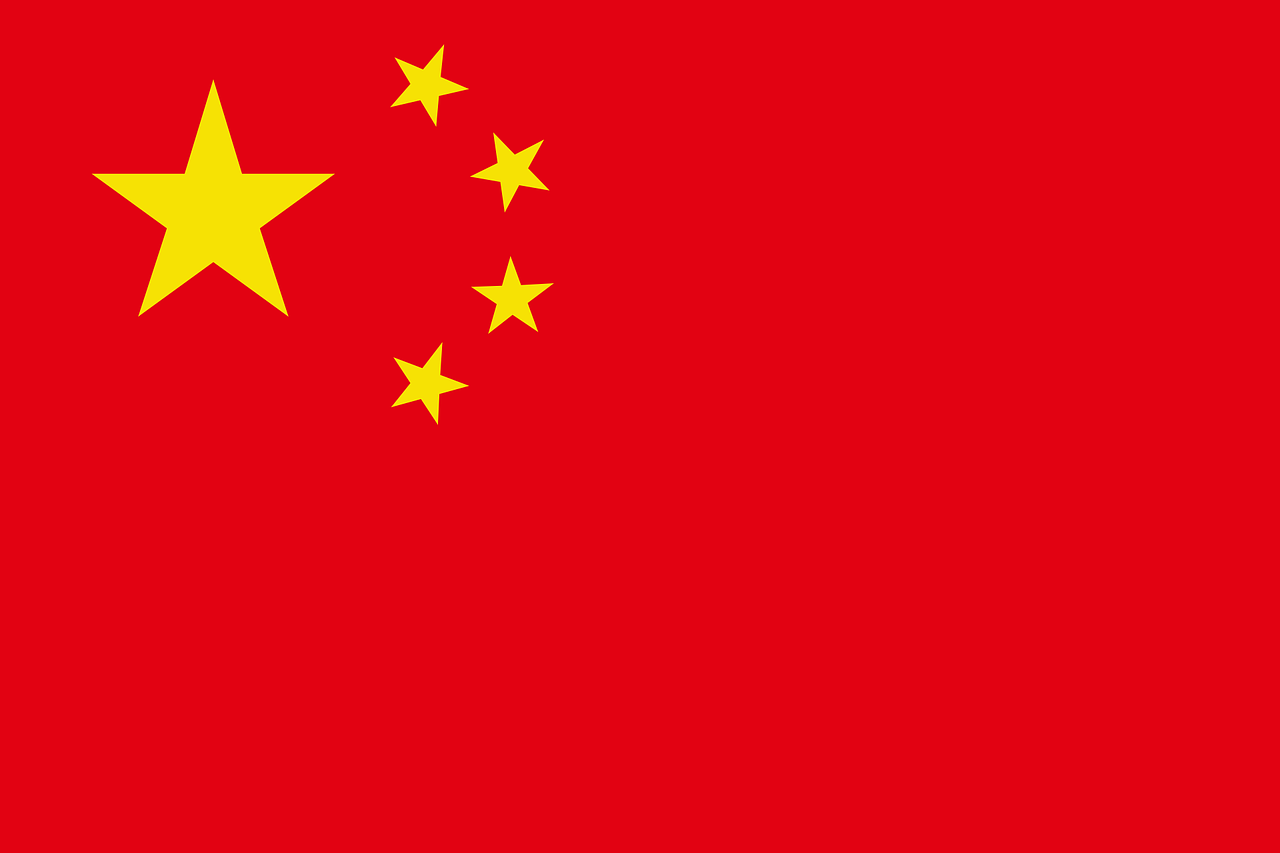The crypto mining exodus in China took out more than 50% of the total Bitcoin hashrate. Now, the government of China has once again started to impose a wider ban on all crypto-related activities in the region. The people of China are unable to access any crypto exchange with the help of local search engine services.
Chinese Journalist Colin Wu recently reported that the local authorities have once again tried to impose a ban on the crypto-related search results in the region. The Twitter equivalent of social media platform is facing a massive crackdown. China is trying to put cryptocurrency influencers and enterprises out of commission for good. This month ten major crypto-related accounts with major followership have been closed down. The account of Justin Sun, who is the CEO and founder of DEX Tron Foundation, is also shut down.
Chinese Intelligence Wants to Ban Any Crypto-related Businesses
A news outlet based in China called 8BTC reported that Chinese intelligence is moving forward with the intent to impose a collective ban on the crypto KOLs. The first wave of the social media-based crypto ban started as soon as June this year. The biggest search engine platform in China called Baidu also blocked out the results for exchange platforms like OKEx, Huobi, and Binance.
On the other hand, the cryptocurrency influencers and advisor accounts on social media outlet Weibo started to become ineffective. Many official accounts registered by the cryptocurrency businesses have also gone offline due to the new restrictions by the government. All the while, the government of China was also imposing a ban on crypto mining farms in one province after another. The main cause of the crackdown is the lack of energy resources, as most PoW cryptocurrencies depend on fossil fuels.
The government of China is not only looking at the crypto industry through a critical lens, but the circle of its stringent policies is extended to the Big Tech world too. New reports indicate that the biggest organizations like Alibaba and Tencent Holdings are under the scrutiny of the Chinese regulators. A new draft in lieu of unfair competition for the local businesses has surfaced.
The charter of the draft is none other than SAMR or the State Administration for Market Regulation. The SAMR is the department for market control in China. As per the new guidelines provided by the regulatory authority, it is stipulated that the provincial government has the option to challenge any unseemly services offered by cyberspace companies.
Several companies allow users to buy inorganic traffic, blockade competition links, and many black-hat practices for marketing purposes. The state wants to be in control of how these giant corporations are furthering their business agenda. These companies are free to make their decisions freely under the guidelines provided by the state.
